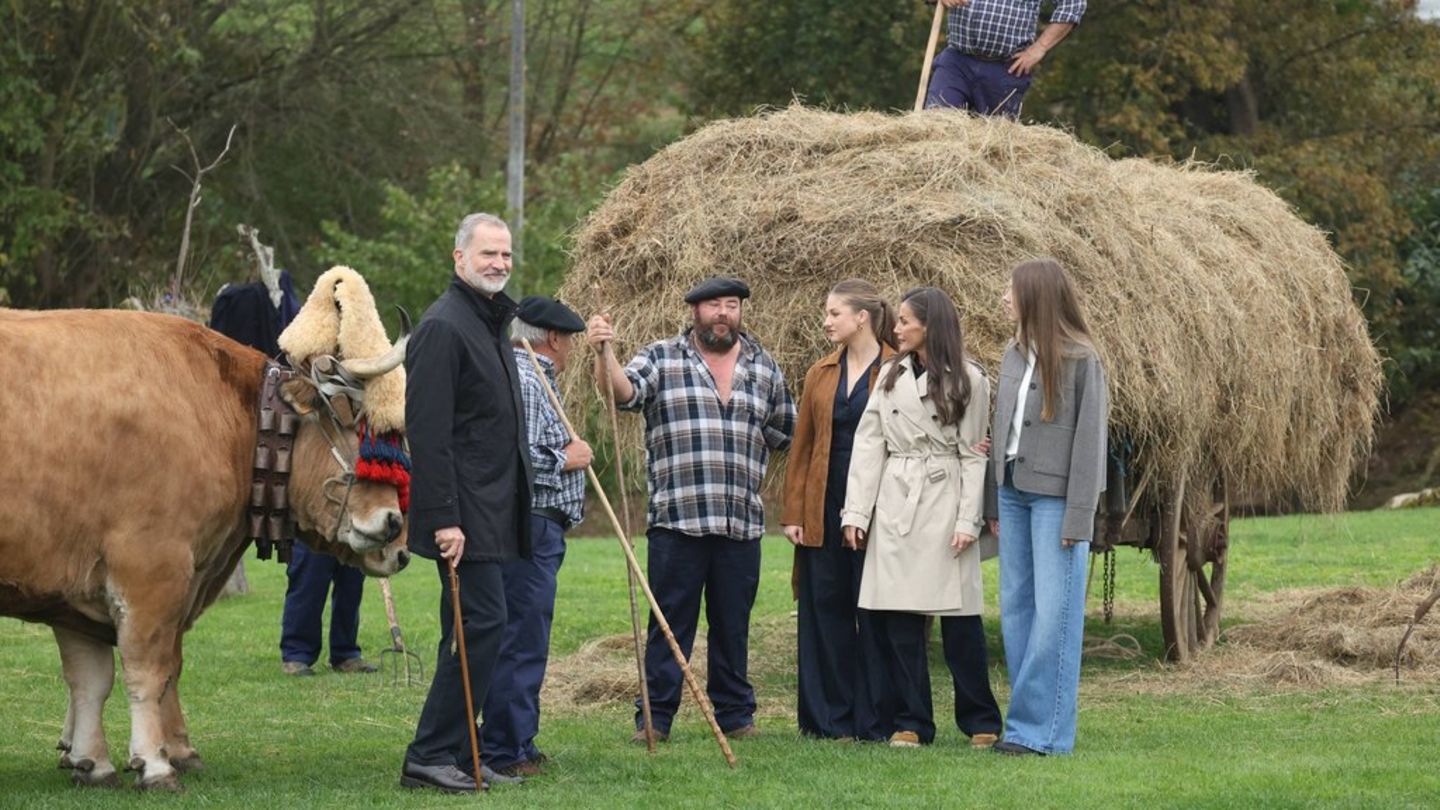It was the biggest election in the world: In India, Prime Minister Modi’s re-election with his Hindu nationalist course is considered certain. Can he now expand his power?
In India, the parliamentary elections have come to an end after more than six weeks. The last polling stations closed in the evening (local time), but the results are not expected until June 4. According to polls, Prime Minister Narendra Modi is likely to secure a third term in office and would thus rule for another five years. His party, the BJP, is pursuing a strongly Hindu nationalist course.
Critics and the opposition fear that if Modi’s party is re-elected, it could try to change the constitution to further consolidate this course. It remains to be seen whether the BJP can further expand its majority in parliament to do this. Modi would be only the second head of government in his country to serve a third term – after the first Prime Minister, Jawaharlal Nehru.
In total, around one billion eligible voters were called upon since mid-April to vote in several phases on who would fill the lower house of the national parliament, which has more than 500 seats, in the largest election in the world – the country is just ahead of China in terms of population. More than 8,000 candidates were running. The last polling stations in the South Asian giant closed on Saturday at 6 p.m. local time (2:30 p.m. CEST).
India now fifth largest economy
During the election campaign, Modi presented himself as a strong man and pointed to the robust economic growth that attracts investors. Under his leadership, the subcontinent has become the fifth largest economy in the world. Under Modi, India became the fourth country to land on the moon. He is also investing heavily in modern infrastructure such as roads, high-speed trains and airports. But growth is not evenly distributed. During the election campaign, Modi’s critics pointed to the high unemployment and inflation.
Modi, 73, and his party want to expand their power with the aim of making India a state primarily for the Hindu majority, which makes up 80 percent of the population. The approximately 200 million Muslims and other religious minorities are increasingly becoming second-class citizens, according to observers. Modi’s promise is a radical departure from the vision of India’s founding father Mahatma Gandhi, who once advocated the separation of state and religion and harmony among religions.
The election was accompanied by a strong heat wave: temperatures of around 50 degrees were measured in northern India. There were cases of heat stroke, some of which were fatal – even among the election workers, as local media reported, citing official information.
Source: Stern
I have been working in the news industry for over 6 years, first as a reporter and now as an editor. I have covered politics extensively, and my work has appeared in major newspapers and online news outlets around the world. In addition to my writing, I also contribute regularly to 24 Hours World.




